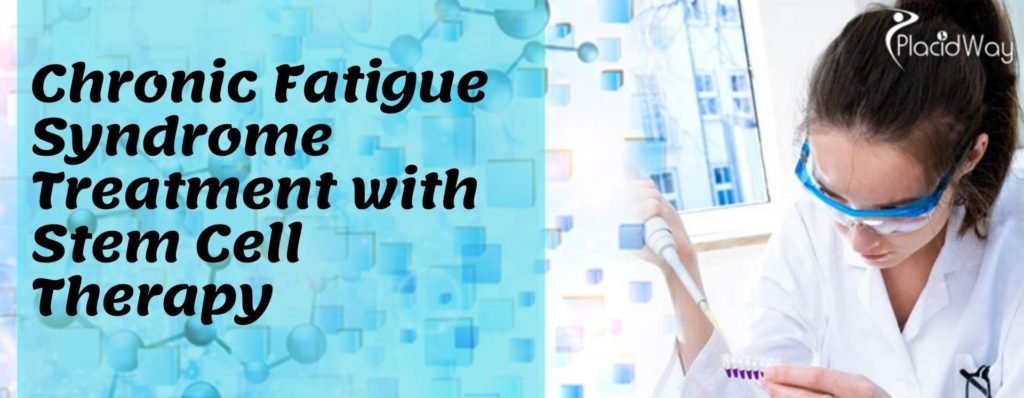
Stem Cell Therapy for Celiac Disease
Table of Content
Celiac disease is also known as Gluten-Sensitive Enteropathy, which is an immune reaction to protein like gluten available in barley, wheat, and rye. Patients suffering from this health disorder receive immune responses in the small intestine after eating gluten. If the condition remains undiagnosed then it can damage the lining of the small intestine and lead malabsorption of some nutrients.
Damages in the small intestine can cause diseases like fatigue, diarrhea, anemia, bloating, weight loss and many other serious disorders. Celiac disease can slow down children’s growth.
Types and Symptoms of Celiac Disease
Researchers have found that nearly 30% of people with this disease find it difficult to get a good response to gluten-free foods. Such disorder is known as nonresponsive celiac disease and it occurs due to contamination of the food with gluten. People with this type of celiac disease often develop bacteria in their small intestine, irritable bowel syndrome, microscopic colitis, etc.
An intestinal injury caused by celiac disease can lead to substantial malabsorption, where the patient has to follow a gluten-free diet. This type of celiac disease is known as refractory celiac disease.
Patients with celiac disease will experience signs and symptoms that are not related to their digestive systems. Here are some of the key symptoms of celiac disease:
- Iron deficiency and anemia
- Osteoporosis (low bone density) or osteomalacia (softening of bone)
- Mouth ulcers
- Damage to dental enamel
- Nervous system disorder
- Headache and fatigue
- Acid reflux and heartburn
- Joint pain
- Children with celiac disease can suffer from chronic diarrhea, poor appetite, swollen belly and muscle wasting
Common Causes of Celiac Disease
- Gastrointestinal infections
- Connection between eating foods, genes with gluten
- Gut bacteria
- Pregnancy and childbirth
- Surgery
- Viral infections
- Mental stress
Stem Cell Treatment for Celiac disease
Steroid and anti-inflammatory drugs and other immunosuppressive agents are the available solutions for such autoimmune diseases. However, such treatment can temporally prevent the disease or its effects on a patient, but they cannot provide a permanent solution.
Because of the availability of some effective biological properties, mesenchymal stem cells therapy has shown quite positive results in such disorders. Researchers have found the cell-based gene therapy shows tremendous promise to autoimmune diseases like celiac disease.
In the process of physicians use mesenchymal stem cells taken from easily accessible tissues and applied in affected areas. These stem cells can easily be manipulated to address other disorders. In this process, specialists remove immature immune cells and restore healthy stem cells for the improved immune system.
Cost and Doctors for Stem Cell Therapy
The cost for the stem cell therapy for celiac disease depends on the types of treatment you are going to receive. However, receiving the treatment from foreign destinations like Asia, Mexico, and Latin American means, you can enjoy more than 40% savings on your expense compared to the United States and Canada.
Stem cell treatments are available worldwide, but it is important for patients to check the experience as credentials of the doctors. Doctors dealing with stem cell therapy should be trained and certified by recognized institutions.
If you have any queries about stem cell treatment for celiac disease, never hesitate to contact us.






